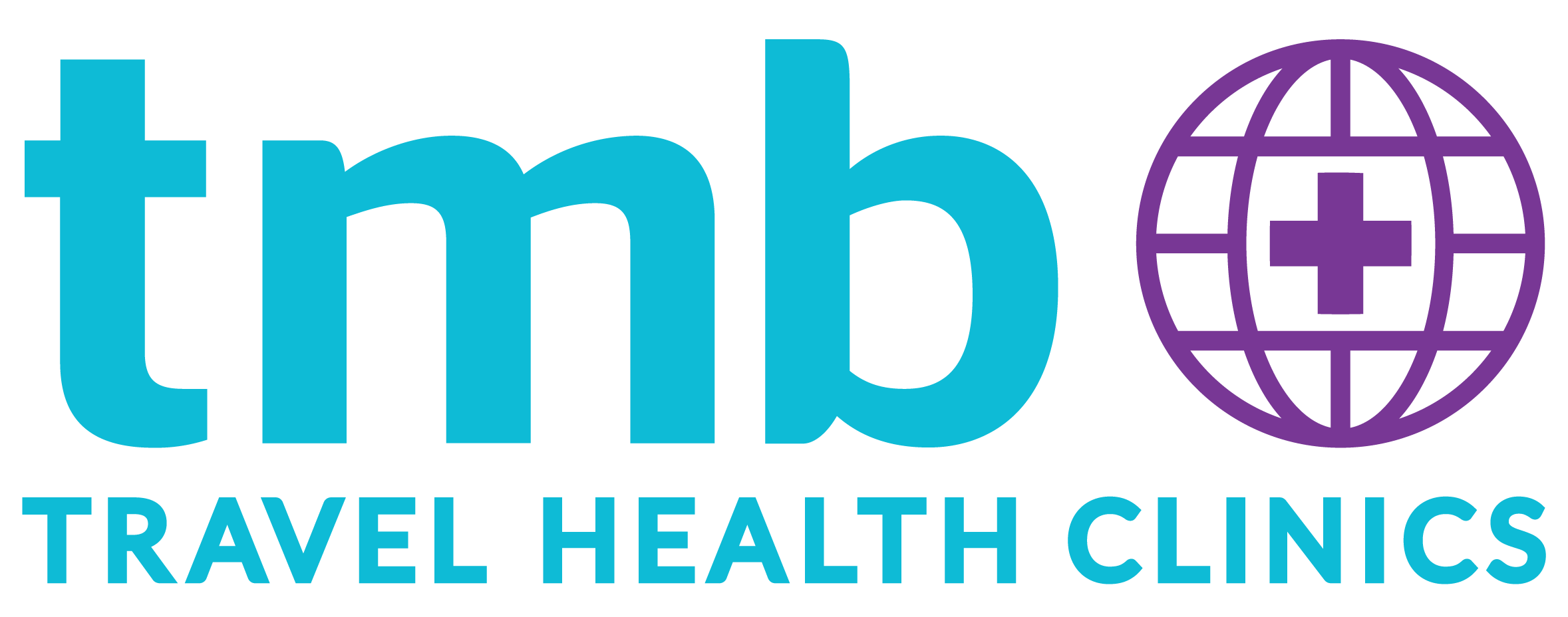Have you recently returned from your bucket list backpacking trip? While most travellers don’t experience any illness abroad, other than the common ‘Bali Belly’, the risk of infection doesn’t stop once you board your flight home.
Dr. Graham Fry, Founder of the Tropical Medical Bureau, Ireland’s leading travel health clinic, says travellers returning to Ireland should be aware that many tropical diseases, such as Malaria, can survive in your body for weeks or even months post-travel before being discovered.
Malaria
Malaria is a serious and sometimes fatal disease caused by a parasite that commonly infects a certain type of mosquito which feeds on humans.
Travellers returning from overseas who experience fevers, sweating, shivering, aches and pains and other flu like symptoms should seek medical advice as soon as possible. Travellers should note that even being on malaria tablets does not offer full protection. Malaria can be a serious disease if left untreated. If you have been in an at-risk region of the world, it is wiser to assume you have malaria until proven otherwise.
Bowel Problems
Travellers’ Diarrhoea is common. However, if the problems persist you should always seek medical attention. Also keep in mind the risk of dehydration and you could carefully use oral re-hydration salts if required. Viruses, bacteria or parasites can cause diarrhoea. Travellers returning with persistent bowel problems often experience good days and bad days which may be a sign of parasitic infection from a disease like amoeba, giardia or cryptosporida. Exhaustion and a feeling of tiredness can also be common symptoms.
Skin Problems
Parasites and fungi just love warm humid places so it’s not surprising that such organisms are in plentiful supply in tropical regions!
Dr. Fry warns those returning from abroad, particularly sub-Saharan Africa, southern Spain, Central and South America and Asia, to watch out for symptoms of Tissue Myiasis, caused by a fly larva.
The adult fly lays eggs on damp clothing which then hatches and the larva burrows into the skin where it grows for a week or so. The first sign will be what appears to be a boil forming on your skin. DO NOT squeeze the boil as you might kill the larvae, which can lead to infection. Instead, TMB’s Dr. Graham Fry advises travellers to use Vaseline, or petroleum jelly, to block the air duct at the top of the boil, to force the larvae up for air where it can be more easily removed.
Larva Migrans is another skin condition that those returning from their travels should be wary of as Dr. Graham Fry explains. “This occurs when small adult hookworm that usually infects animals, has actually entered the wrong host i.e. you. Unable to penetrate further into your body it wanders around just below the skin, which can cause irritation and discomfort.”. Dr. Fry explains that many people can get this in their feet from wandering around beaches, however the condition isn’t dangerous and can usually be treated with creams or tablets.
The above is a non-exhaustive list of potential illnesses which may be contracted while travelling. Many tropical diseases have symptoms in common with diseases found at home, like fevers, headaches, and muscle aches. Diarrhoea, nausea, vomiting, lethargy, chronic fatigue, or skin rashes are additional common symptoms to watch for. Other symptoms may point to a problem picked up while overseas include chronic fatigue and or blood in the urine could indicate schistosomiasis (haematobium) from freshwater exposure. Diseases like tuberculosis and brucellosis, while rare, do still occur.
If you are concerned about symptoms of tropical disease, you should visit your GP and inform your doctor of any travel in the past 12 months.
For comments / interview opportunities, please contact Ali Finnegan, ali@travelmedia.ie, +353 860492394
About Tropical Medical Bureau Group
The Tropical Medical Bureau Group (encompassing Nomad Travel in the UK) is the leading travel medicine clinic group in Ireland, specialists in providing the best information and medical care available for the international traveller. Collectively, the TMB Group sees approximately 60,000 patients on an annual basis, ranging from the private holidaymaker to employees of commercial companies, and overseas volunteers to NGO’s and Government departments, all of whom benefit from the expertise of our highly experienced clinic staff.
Since it was founded in 1988, TMB has undergone major growth and expansion to currently encompass 27 clinics, 20 clinics in Ireland (four base clinics and 16 associate clinics). In 2016, TMB acquired Nomad Travel Clinics in the UK. Nomad Travel Clinics has 30 years experience in travel health, pharmacy & retail, throughout 7 clinics across the UK.
What distinguishes TMB is our vast experience and expertise, as well as our superb patient aftercare. All our patients have a detailed consultation with one of our specialised healthcare staff. This covers everything from food and water risks, mosquito avoidance, malaria and thrombosis, as well as risks associated from altitude exposure, and also Zika and COVID-19 risks, which may be associated with your trip. Following a detailed consultation, we then decide on which travel vaccines and malaria tablets are appropriate. Our specialised travel medicine software is constantly being updated with travel news, so if anything is happening in your destination that you need to be aware of, we’ll make sure you are

